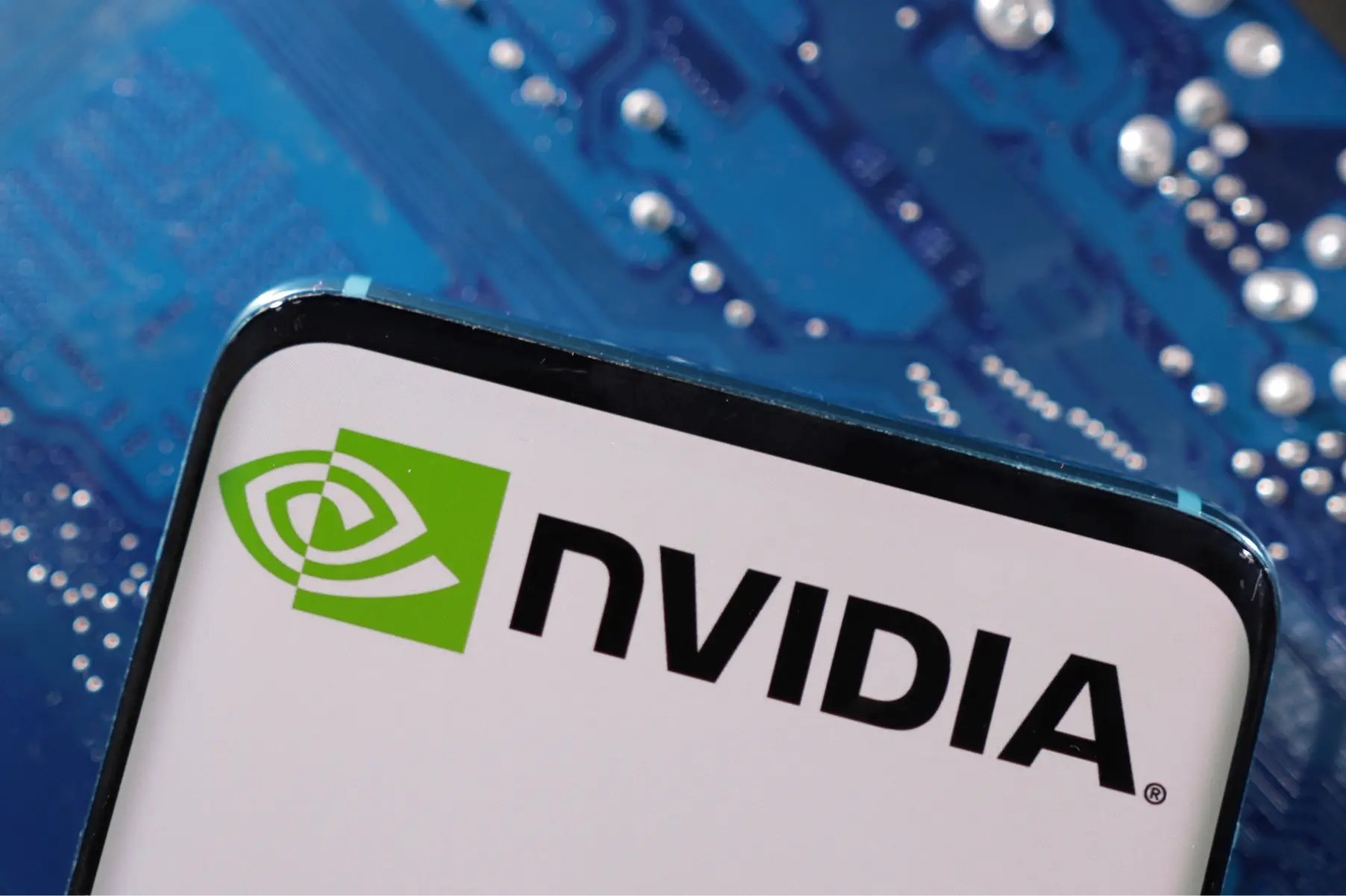October 4, 2025
Nvidia CEO Jensen Huang expressed frustration over delays in the Trump-backed UAE chip deal, raising concerns over AI and semiconductor expansion.

The global semiconductor industry has been thrown into fresh uncertainty as delays in the Trump administration’s UAE chip deal have sparked frustration from Nvidia’s CEO, Jensen Huang. The deal, hailed as a strategic initiative to strengthen U.S. influence in the Middle East’s technology sector, was expected to provide significant opportunities for artificial intelligence (AI) and semiconductor development in the United Arab Emirates.
The agreement was part of President Donald Trump’s broader push to align U.S. technology companies with strategic partners in the Gulf region. The UAE, seeking to establish itself as a global hub for artificial intelligence and advanced computing, entered into negotiations with U.S. officials and industry leaders to secure access to next-generation semiconductor technology.
For the UAE, the deal was intended to complement its AI 2031 strategy, which emphasizes investment in computing infrastructure, high-tech manufacturing, and advanced research. For the U.S., it was meant to counter China’s growing influence in the semiconductor supply chain while deepening ties with a key Middle Eastern ally.
Nvidia’s co-founder and CEO Jensen Huang has voiced growing impatience with the pace of the deal. According to industry insiders, Huang has privately expressed concerns that prolonged delays could hinder Nvidia’s ability to expand into the region, where demand for AI infrastructure is rising rapidly.
Speaking at a recent tech forum, Huang emphasized:
“Every delay in securing semiconductor agreements puts innovation at risk. We need clarity and speed if we are serious about building a global AI ecosystem.”
Huang’s remarks highlight the strategic importance of the UAE market, which has become a magnet for technology firms seeking to capitalize on its wealth, infrastructure investments, and pro-innovation policies.
The deal’s uncertainty comes at a critical time for Nvidia, which has seen explosive growth in demand for its graphics processing units (GPUs), particularly in AI applications. With AI adoption accelerating worldwide, securing new supply and manufacturing hubs is a top priority.
Analysts warn that further delays could drive the UAE to deepen ties with alternative chip suppliers from Asia, particularly Taiwan or South Korea, or even encourage new partnerships with Chinese firms. Such a shift would undercut U.S. ambitions to dominate the AI hardware sector and reduce reliance on Chinese technology.
The Trump administration has promoted the UAE deal as part of its broader industrial policy, but insiders suggest political disputes and regulatory hurdles are slowing progress. National security concerns, export restrictions, and complex negotiations over intellectual property rights have all contributed to the delay.
Observers note that U.S. policymakers face the challenge of balancing national security safeguards with the commercial interests of companies like Nvidia, which depend on expanding into high-growth markets.
For the UAE, the delays are particularly problematic given its ambition to build a $100 billion AI-driven economy by 2031. The country has invested heavily in attracting top talent, establishing research institutes, and building data centers. However, access to cutting-edge semiconductor technology remains a bottleneck.
If the U.S. deal stalls further, the UAE may be forced to pursue alternative partnerships to ensure it doesn’t fall behind in the global AI race.
While Nvidia remains committed to working with the U.S. government and UAE authorities, Huang’s comments underscore the growing urgency to finalize the agreement. Analysts suggest that resolving regulatory issues and clarifying export rules will be critical steps toward restoring momentum.
Failure to secure the deal in the near term could weaken U.S. credibility in the Middle East tech market and provide an opening for rivals to fill the gap.
As the global race for AI supremacy intensifies, the Trump-UAE chip deal represents more than just a commercial arrangement—it is a test of U.S. resolve to lead in the next wave of technological transformation.